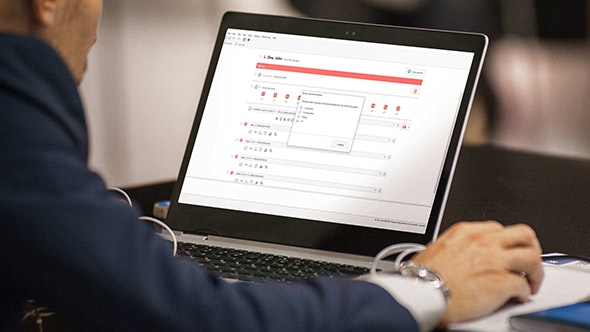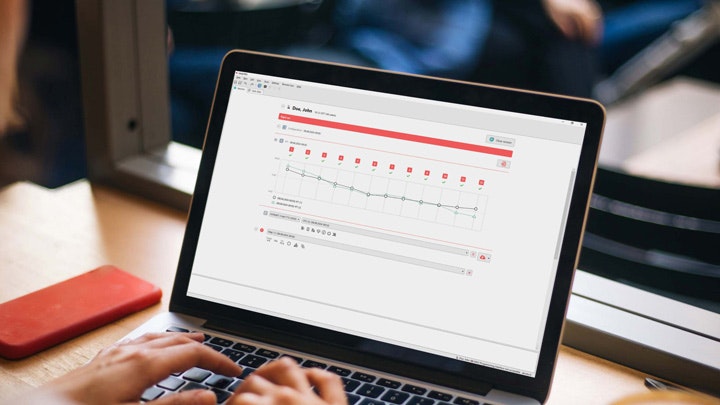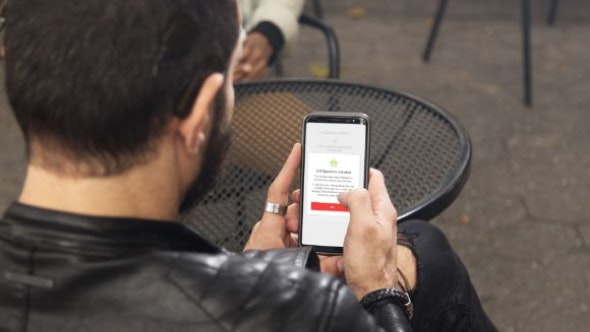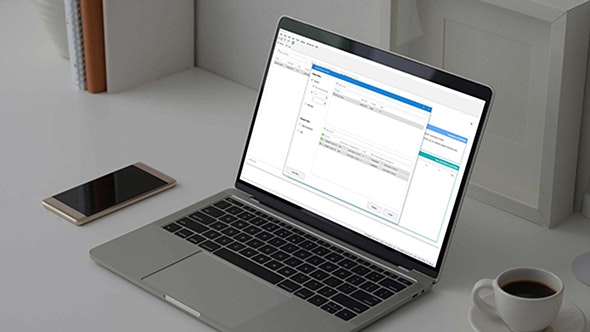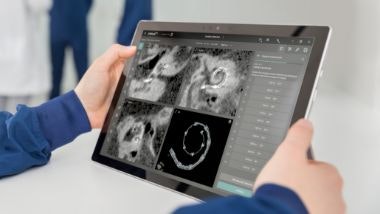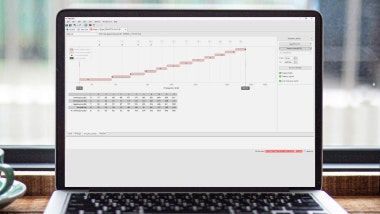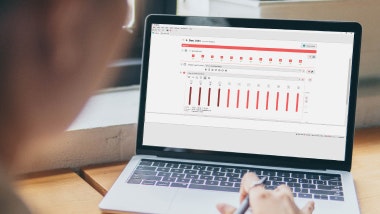MAESTRO 11 Software
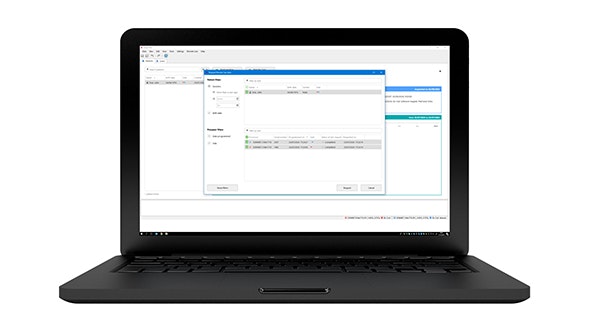
Providing in-clinic and remote care is easy with MAESTRO 11, our newest fitting software for MED-EL cochlear implant systems. Designed to save you time, MAESTRO 11 makes it possible for you to request data from your patients with Remote Care and support SONNET 3 and SONNET 3 EAS users.
- Remote fitting without appointments
- Request data via Remote Care
- Support SONNET 3 users
- Enhanced look and feel
Remote Care & Fitting
With MAESTRO 11, you can adjust and send audio processor fitting maps to your patients who use the HearCare MED-EL app—no matter where they are and at any time that’s convenient for you.
Sign Up for Remote Care at Your Clinic
Request more information to prepare your clinic to provide remote care and fitting services to MED-EL cochlear implant recipients.
HearCare MED-EL
With this easy-to-use app, your patients can receive audio processor configurations for remote fitting, perform implant, coil, and audio processor checks, and back up their audio processor configurations and settings. Convenient Care. Anytime. Anywhere.
Find Out More

Enhanced Features
Flexible Streaming Settings
For SONNET 3 and SONNET 3 EAS users, you can enable or disable wireless streaming and customize their streaming settings to suit their needs and preferences. You can provide map-dependent settings, including boosting direct audio input, enabling and disabling the mix of ambient sounds during phone calls, and changing the attenuation of the microphone when mixed with a direct audio input signal or wireless streaming.
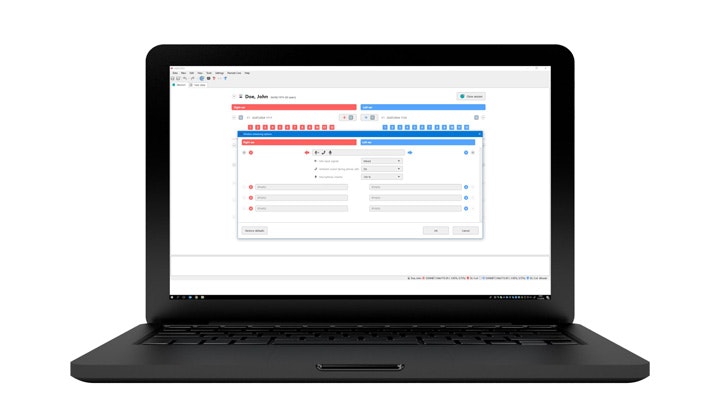
Time-Saving Intraoperative Workflows
MAESTRO provides easy-to-follow intraoperative workflows. Whether you are new or experienced in the OR, these intuitive workflows can help you save time when performing objective measurements like AutoART, eABR or eSRT. Additionally, you can also measure cochlear microphonics (CM) as a response to acoustic stimulation in patients with residual hearing.
Customize SONNET 3 Settings
Programming SONNET 3 and SONNET 3 EAS audio processors in MAESTRO 11 is similar to doing so for our SONNET 2 audio processor series with previous versions of MAESTRO. That makes it easy for you to upgrade existing patients to the newest hardware. Based on your patient’s needs and preferences, SONNET 3’s touch key can be customized to activate and deactivate standby mode, switch programs, or be disabled entirely.
Seamless Cybersecurity Compliance
MAESTRO 11 allows you to configure the storage and transmission of data to meet your unique requirements. MAESTRO 11 can also be seamlessly integrated into existing user management infrastructure for authorized users. By using active directory, MAESTRO 11 allows you to log in quickly and easily via a secure single sign-on. Data that you export or upload and download for remote care is secured by using state-of-the-art security algorithms and technologies to make the exchange of data as secure as possible for you.

Place-Based Mapping With Anatomy-Based Fitting
Providing your patients with a closer match to natural hearing has always been our philosophy, and our unique long electrode arrays can deliver more accurate place-pitch stimulation to the cochlea’s natural tonotopic map. And when it comes to the cochlea’s second turn, only MED-EL’s cochlear implants are designed to mimic natural rate coding with FineHearing sound coding.
With MAESTRO 11 and place-based mapping using our anatomy-based fitting (ABF) tools, you can reach closer to natural hearing with your patients than ever before.
With anatomy-based fitting, you can easily fine-tune the frequency map to be closer to the natural map of each individual cochlea. By combining detailed imaging data from OTOPLAN with MAESTRO 11, you can quickly assign center frequencies based on the actual anatomical location of each electrode contact.****
“ABF can be used to fit experienced bilateral cochlear implant users; it improves speech perception, especially in noise, and self-perceived sound quality. ABF fitting is a promising approach to match the input from both CIs, thereby providing access to binaural processing.” [ft]
Kurz et al., 2023
“Methods to minimize electric mismatches, such as place-based mapping procedures, may support better early speech recognition for [similar patient populations of EAS users].” [ft]
Dillon et al., 2023

Bimodal Synchronization
With MAESTRO’s Bimodal Synchronization feature, you can easily match the processing delay timing between RONDO 3, SONNET 3, or SONNET 2 and nearly any hearing aid without needing to refit the hearing aid.
View timing settings for hearing aids
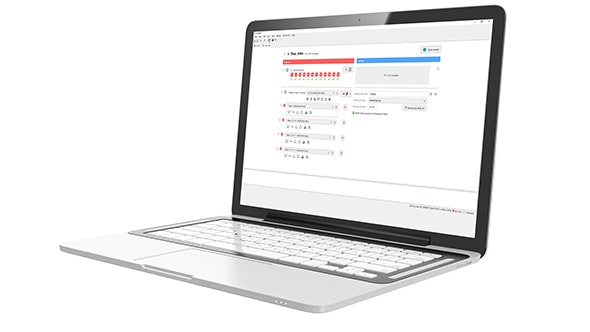

Why MED-EL:
A Trusted Partner
For more than 35 years, MED-EL has been a trusted partner and innovation leader in hearing implants. We’re here to work together with you, and we’re committed to providing outstanding service and support for our professional partners.
With the most advanced cochlear implant systems, we offer the best hearing experience for your patients and the best clinical experience for you.
Sign Up for Remote Care
Ready to learn more about offering remote care and fitting to your patients?
Fill out this form to request more information from your local MED-EL representative.
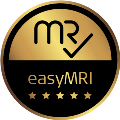
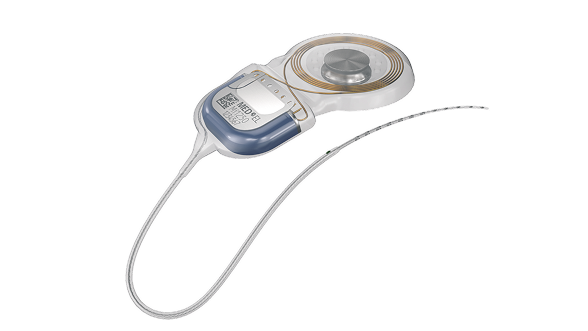
SYNCHRONY 2
See why individualized electrode arrays, safe access to MRI, and a streamlined central electrode lead for exceptional surgical handling make SYNCHRONY 2 your new favorite cochlear implant.
Discover More
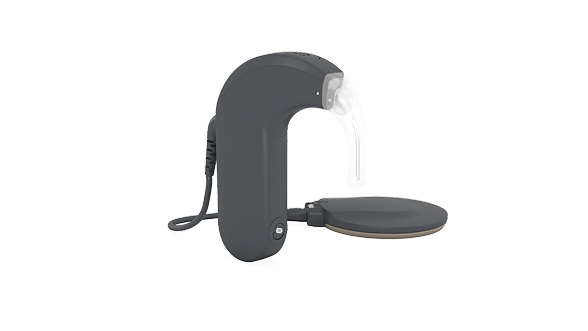
SONNET 3
Smaller and lighter, SONNET 3 delivers built-in direct streaming and the closest to natural hearing with maximum flexibility and freedom.
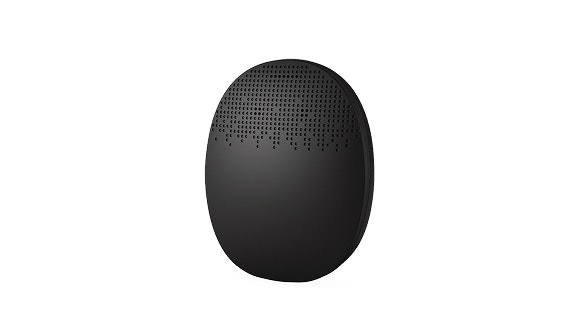
RONDO 3
Find out how wireless charging, directional microphones, and wireless connectivity make RONDO 3 incredibly simple and simply incredible.
Technical Data
MAESTRO 11
- Coding strategies: FS4, FS4-p, FSP, HDCIS. The Fine Structure Processing strategies (FS4, FS4-p, FSP) deliver both tonotopic and temporal information, reflecting natural hearing
- Pulse shape options: Biphasic and Triphasic Pulses, Interphase Gaps (IPG)
- Four program positions
- Progressive maps: Automatic generation of maps with an increase in loudness
- Integrated EAS acoustic fitting (6-channel EAS acoustic fitting)
- Longitudinal patient record: The patient history gives a quick overview of previous measurements and mappings
- Data import and export with integrated option to anonymize patient data
- Visual reinforcement tool (VRT): Integrated media player to support fitting with visual rewards
- Compatible with all current MED-EL multichannel cochlear implants
- Compatible with all currently available MED-EL audio processors
- Bimodal view in postoperative sessions that allows bimodal synchronization for patients with a hearing aid****
- Support for importing OTOPLAN data and computing a frequency band distribution based on OTOPLAN data
- System check dialog that can help perform a functional check of certain hardware components of an audio processor****
- Support of processor software updates for certain audio processor types****
- Telecoil booster and direct audio input booster****
- Remote Care allows you to perform tasks and asynchronously exchange data with compatible patient devices to update audio processor configurations***
- Impedance heat map represents calculated impedances obtained from an Impedance and Field Telemetry (IFT) task
- Data export and import is optimized for easier importing, exporting, and resolving of data conflicts
Professional Online Portal***
- Integrated link to myMED-EL, an online platform for professionals
Measurements
The following measurements are available intraoperatively and postoperatively:
- Impedance and Field Telemetry (IFT): Easy and fast implant integrity check
- Electrically Evoked Compound Action Potential (ECAP) measurements: AutoART is the fastest automatic ECAP measuring tool (intraoperative: 90 seconds for all 12 channels, postoperative: 3-4 minutes for all 12 channels), ART provides extended configuration options and additional measurement types
- Electrically Evoked Stapedius Reflex Threshold (ESRT): Check implant function intraoperatively or find an objective baseline for fitting postoperatively
- Electrically Evoked Auditory Brainstem Response (EABR): Confirm if stimulation is generating a response in the auditory center of the brain
- Electric Acoustic Evoked Potential (EAEP) Tool (Advanced ART Setup): Record coordinated electrically and acoustically evoked intracochlear potentials with the first clinically available cochlear microphonics (ECoG) tool
Fitting
- Automatic ECAP-based maps: ARTFit automatically generates a fitting map based on an ECAP measurement
- Strategy-independent energy consumption: The energy consumption of the processor is independent of the selected coding strategy
- Loudness balancing: Easy simultaneous balancing of bilateral CIs, SSD cases, or CI to hearing aids
- Remote fitting capability
System Requirements
Hardware Requirements
- PC with a supported 64-bit Microsoft Windows operating system
- Dual-core x64 processor with a clock speed of 1.6 GHz or faster
- 2 GB of free RAM or more
- 2 GB of free disk space or more
- Display resolution of 1920 × 1080 or higher
- One free high-power USB Type-A compliant port, version 2.0 or higher
Software Requirements
Microsoft Windows 10 and later (64-bit)
Supported database formats
Microsoft SQL Server 2022, Microsoft SQL Server
2019, Microsoft SQL Server 2017, Microsoft SQL Server 2016
MAX Programming Interface
The MAX programming interface is compatible with all current multichannel implants and audio processors. It features two audio processor sockets, allowing simultaneous bilateral fittings.
Upgrading
Upgrading is quicker and easier than ever before— simply download the software. Alternatively, order a USB flash drive.
OTOPLAN software is a product of CASCINATION AG.
* For smartphone compatibility information, go to the HearCare MED-EL page.
** HearCare MED-EL and fitting via Remote Care are compatible with PULSARCI100, SYNCHRONY, CONCERTO, SONATA series implants used in combination with a SONNET 2, SONNET 2 EAS, SONNET 3, SONNET
3 EAS or RONDO 3 audio processor. Fitting via Remote Care is only accessible if enabled by a clinician. Recipients with the HearCare MED-EL app and a compatible smartphone as well as a compatible implant and audio processor can perform system checks
on their own after installing the app without Remote Care being enabled by their clinician. Clinicians should consider the suitability of fitting via Remote Care before inviting qualified patients based on clinical judgment.
*** Not all services
are available in all areas.
**** Compatible with SONNET 2, SONNET 2 EAS, SONNET 3, SONNET 3 EAS and RONDO 3 audio processors.
Not all features are available on all versions of SONNET 2/SONNET 2 EAS. You can check which SONNET 2/SONNET 2 EAS variant your patient has here. For full details on its features, please see the technical data.
